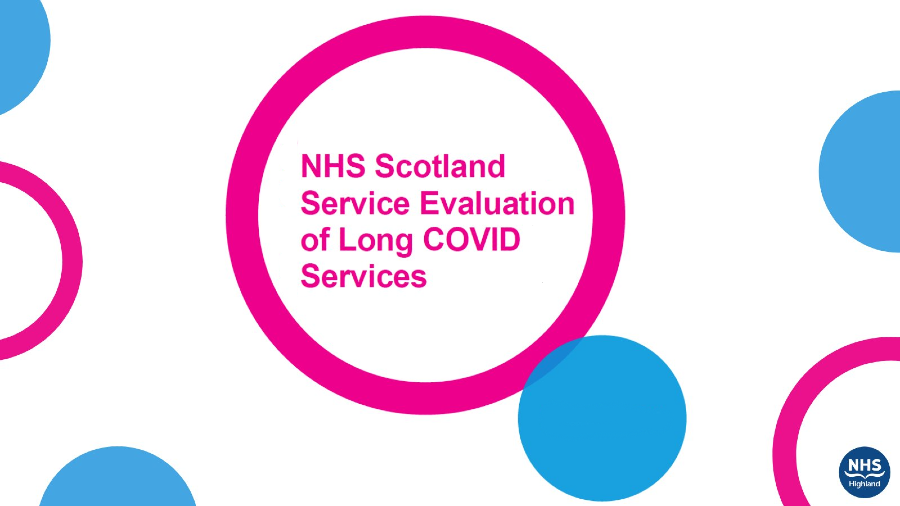CVR's Dr Scott Authors Important New Long-Covid Report
Published: 14 January 2025
The Centre for Virus Research's Dr Janet Scott has co-authored a national report evaluating NHS Scotland Long-COVID Services and concluding that this long-term condition requires ongoing care, similar to other chronic illnesses.

The School of Infection & Immunity's Dr Janet Scott has co-authored a national report evaluating NHS Scotland Long-COVID Services and concluding that this long-term condition requires ongoing care, similar to other chronic illnesses.
In February 2022, the Scottish Government committed £10 million to support the development of services for individuals living with long COVID.
This included the establishment of the National Strategic Network for the long-term effects of COVID-19 (known as the Long COVID Network), with an initial business case approved for the fiscal years 2022-2023, 2023-2024, and 2024-2025.
In September 2023, the Network successfully procured the ELAROS C-19 YRS digital tool to standardise and collate data from patients with Long COVID.
The tool was rolled out to Boards in October 2023, and a baseline analysis of the collected data has now been finalised, with Dr Scott sharing her report this month.
The tool was rolled out to Boards in October 2023, and a baseline analysis of the collected data, led by Professor Manoj Sivan of the University of Leeds, has now been finalised.
From those who participated, it was learned that, after COVID-19, they had experienced many new health problems that greatly affected their daily lives.
Patients reported that they got somewhat better in symptoms and abilities over the first six months. However, despite some improvements, many advised that they still had major health issues compared to before contracting COVID.
The report recommends, therefore, that Long COVID should be treated as a long-term condition that needs ongoing care, similar to other chronic illnesses.
As well as the recommendation to repeat this analysis in six to 12 months and use other sources of data to better assess the ongoing impact of services on patient outcomes, the authors outline the importance of continued funding and research to better understand the condition and find effective treatments.
Dr Scott, affiliate Clinical Lecturer in Infectious Disease at our Centre for Virus Research and the physician on the COVID Recovery Service, said: "This report highlights the ongoing problems long COVID patients have.
"We continue to receive many new referrals into the service, so this is not a problem that has gone away.
"I look forward to working on the next analysis with results from more boards with different approaches to this issue."
While the timing of the analysis—shortly after the tool’s implementation—means that findings are preliminary, it provides a valuable starting point for evaluating the tool’s impact.
A follow-up analysis, co-led by Dr Scott, is due for mid-2025 and will include data from across Scotland as more boards have adopted the tool and additional data has been collected.
Dr Scott concluded: "I am looking forward to writing the follow-up report, and seeing how we might use the information to develop services in the future."
First published: 14 January 2025

